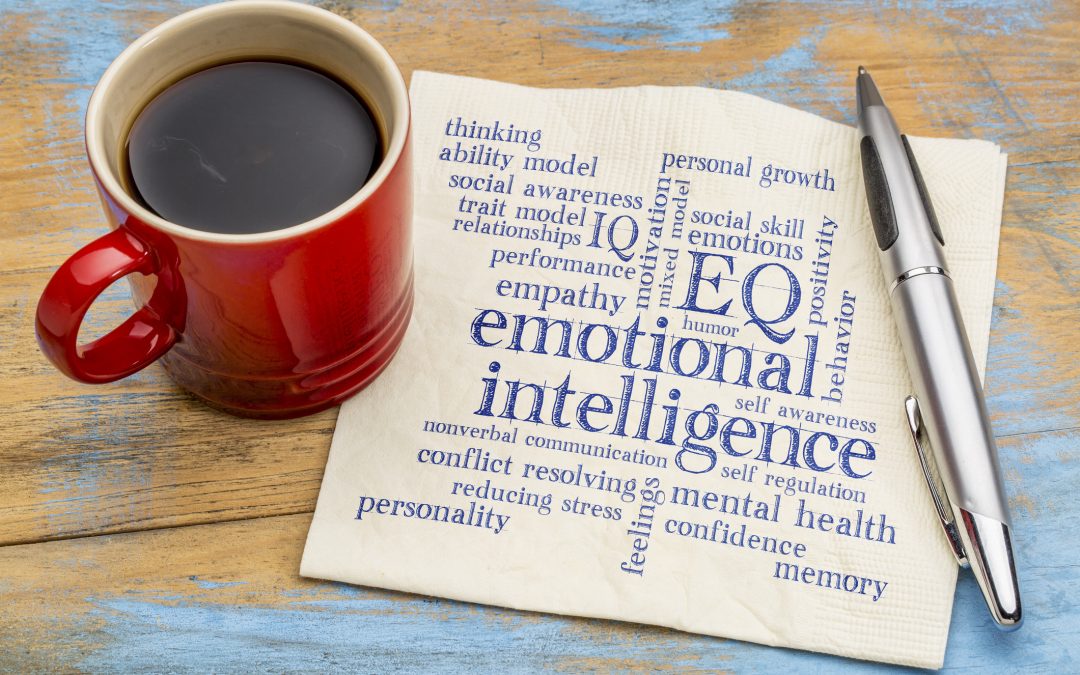In this digital era, we celebrate the excitement of automation, machine learning, artificial intelligence (AI), and the rise of new and disruptive technology in our businesses and workplaces. On the flip side of digital transformation, we grapple with the fears of losing our livelihoods, work skills relevance and work values. The real question then is, how do we accept the need for technological adaptation, and marry human relevance to create the best of both worlds. Although technology is great and helps improve efficiencies, it still lacks humanness. By humanness, we do not merely mean empathy. Humanness, or what it is widely termed as Emotional Intelligence (EI), is about being aware, having clarity of the feelings, values and ability to work with another human. For example, when a customer finally comes to you frustrated after several rounds “talking” to a chatbot, will your response make a difference? Would your EI “save the day” or further add on to the dissatisfaction?
Daniel Pink in his book: “A Whole New Mind: Why Right Brainers Will Rule the Future?” describes this digital age as conceptual age, an era of high concept and high touch. Creativity is his key focus; thus, for services and/or products to reflect high concept and high touch, it is only possible if one has EI, which encompasses empathy, resilience and vulnerability. With rapid changes evolving globally, our workplaces need to be adapting dynamically specially with user experience (UX) becoming an increasing focus in businesses. Besides adapting to rapid infiltration of technology, this also means that job scopes, job scenarios, and even working teams might need to adapt to changing business requirements. There will be a demand for higher self-awareness, self-management, resilience, and good social skills in order for teams to collaborate.
How you are to differentiate yourself from technology and other humans in this age, will depend highly on your EI.
What is EI?
First, let’s debunk some myths. EI is not about being soft and nice; neither is it about being pushovers who do not get angry; hence, being non-assertive.
In fact, high EI people have clarity of their feelings that enable them to know what matters most; and this in turn inspires trust and creates great workspaces – especially where creativity is much needed.
EI is the ability to identify, assess and manage the emotions of self, others and the environment that includes work, team and, customers.
Can EI be Nurtured?
Emotions reveal what we value, they give information, clarify valued goals and roles – whether they are threatened, violated, lost or accomplished. Let’s begin with emotional literacy.
This will be accompanied by your ability to manage what is inherently human – intrapersonal and interpersonal conflicts.
We manage our tasks well with technology. However, we are to remind ourselves, to do better is to be a better people manager who possesses EI. The underlying competencies of EI is awareness, assessment and management.
Thus, growing your EI begins by knowing and managing yourself first!
你可能也喜欢
Humanizing the Digital Customer Experience (CX)
In the age where accelerated digitalization is becoming more and more an integral part of our lives, how can companies continue to deliver interactive customer experience while negotiating the ever-changing digital landscape?
Sustained Learning through the 70:20:10 Learning Model
The 70:20:10 Learning Model has become one of the most highly adopted by organizations for sustained effectiveness. Over the last five years, using this model as a base, Capelle has designed an Action Learning solution to facilitate our work with NCSS.
Engaging the Millennials in Your Workforce
With the evolving workforce, millennials form a large part of our workforce today. It is critical therefore that organizations consider how they can better engage their millennial workforce to achieve greater efficiency and synergy.




